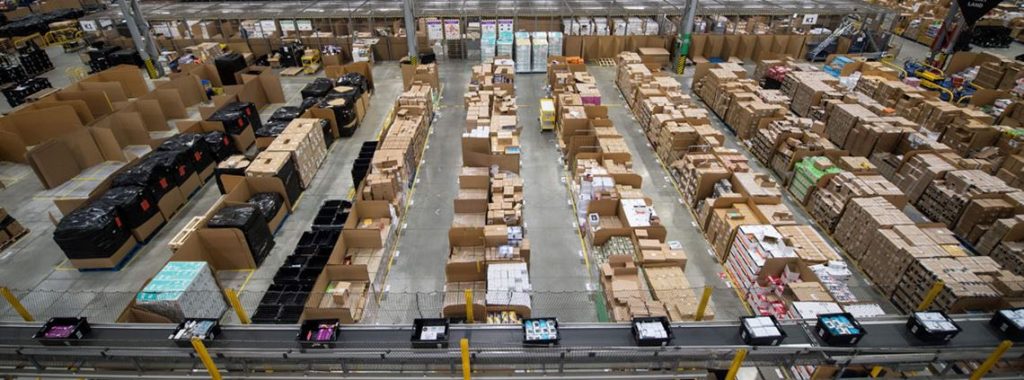Nine in 10 firms say supply chains won’t return to pre-crisis state

Nine in 10 (87%) retailers believe supply chains will not return to how they were before the crisis, a survey has revealed.
The survey, by law firm and consultancy TLT, found the triple effect of Brexit, the pandemic and the war in Ukraine had driven supply chain costs to new heights and 37% expected these costs to remain, highlighting areas of over-reliance and inefficiency in global supply networks.
A majority (64%) of respondents also said longer lead times with suppliers was one of the longer-term issues affecting supply chains. As a result, retailers were more likely to have grown (29%) than consolidated (20%) their supplier base in recent years, to obtain more flexibility.
When asked which technologies they were using or considering investing in to improve their supply chain, three-fifths (60%) said robotic process automation, 59% said cloud services/ adoption, and 44% said machine learning/artificial intelligence.
Despite widely-publicised supply issues, 62% said consumers were demanding higher availability and quicker deliveries. As a result, 57% said the supply chain crisis was their top priority, with this number rising to 70% of grocers.
Retailers predicted they will need 7% more warehouse space on average over the next five years, and two-fifths (39%) said there wasn’t currently enough suitable warehousing available in the UK. When it comes to location, half (50%) of retailers were opting for larger, strategically-placed sites, while 13% were favouring smaller, local sites, and 37% were using a mixture of the two.
Rising costs were the greatest concern when managing supply chains (82%). The biggest increases were seen in fuel (86%), shipping containers (68%), raw materials (66%), supplier costs (65%) and technology (51%). The next greatest concerns were product availability and recruitment and retention (64% each), closely followed by environmental impact (60%) and workers’ rights at (52%).
The most common responses to rising costs was finding new efficiencies (68%) and passing costs onto consumers (67%), while some sought cost-saving measures in deliveries (55%). Just under a third (32%) were renegotiating leases, while 26% were renegotiating supplier contracts.
When asked about measures that have not previously been feasible but are now becoming more urgent, almost half (47%) of retailers said these included fuel bunkering/hedging, 44% said closer stock management, two-fifths (39%) said labour-saving technology, and more than a third said near-shoring (36%) and using UK manufacturing and suppliers (34%).
More than half (56%) said there was a risk of retailers cutting corners to save costs as a result of the supply chain crisis.
TLT interviewed 100 UK retailers in April 2022 across food and grocery, fashion and beauty, home, and lifestyle and leisure.

